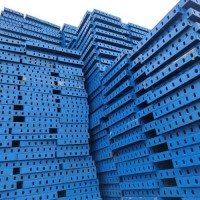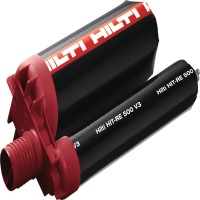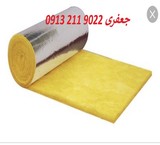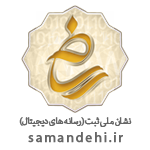-
Heavy-duty concrete block
Closed-bottom cement block is usually used for porcelain walls or its use in porcelain walls in parks and pools. This type of cement blocks, due to its very high resistance and also its resistance to well collapse, is usually used to strengthen sewer wells. Also, this type of heavy cement blocks under the cement coil for It is used to raise it and not to stick cement piles to the ground. Other applications of this type of cement block include its use and masonry inside the well on both sides. In this way, a heavy cement block of 20 * 20 * 40 is used for drilling inside the well. Saveh Cement Company, the dimensions of the product are 40 cm long, 20 cm wide and 20 cm wide, the thickness of the wall is 25. The company declares itself obliged to provide the best service according to the coordination. Our goal is to build Vertan.
Building Materials Tehran -
Glass wool sales representative
Glass wool is a type of thermal and sound insulation. Glass wool, by absorbing sound energy, improves the sound performance of walls, floors, and ceilings and transmits any sound pollution. \r\nAdvantages of glass wool: \r\nGlass wool prevents energy loss by balancing the heating and cooling requirements of the environment. Being an acoustic property\r\nBeing cheap\r\nA sales representative of all kinds of glass wool in different fields\r\nThe best quality and the most economical price\r\nSending from the factory door\r\nWe have removed the intermediaries.
Building Materials Esfahan -
Fiber cement board 10 mil
Selling fiber cement board with dimensions of 1.2 x 2.4 meters and thickness of 10 millimeters, domestic production. Ability to order cutting in different dimensions. \r\nThe ability to cut by water jet to produce panels with a geometric and slim design\r\nSuitable for facade and wall covering \r\nNumber per pallet 60 sheets \r\nCertified by the Building and Housing Research Center \r\nWeight Each square meter is 15 kg\r\nThese sheets are also known as Kenaf Cement in the market. And of course, the reason is the lack of knowledge of Kenaf contractors about fiber cement boards.
Building Materials Tehran -
Geomembrane sheet
Geomembrane is a resistant insulation with almost zero permeability, which is mainly composed of polyethylene. Today, geomembrane sheets have become very popular for many reasons, such as reducing the cost of insulation compared to other methods and easy and quick installation. Also, geomembrane sheet is used in a wide range of applications such as insulation of pools, water tanks and tunnels. According to the various applications that exist, geomembranes are produced in different types. This variety in structure causes the price of geomembranes to depend on several factors.\r\n\r\nWhat are geomembranes?\r\nGeomembranes are membrane covers or barriers used to control the infiltration of fluids in projects, structures or man-made systems. They are placed on earthen substrates and are a good barrier to the passage or leakage of fluids such as water. Also, geomembranes include a wide range of applications such as environmental applications, hydraulics, waste industry, transportation, oil and gas. Geomembranes are made of continuous polymer sheets that are relatively thin. The most common type of geomembrane is continuous polymer sheet type. Also, in terms of size, if large dimensions are needed, its seams are welded together thermally or chemically for strength and durability. In fact, the size of geomembranes is completely adjustable so that it can include different dimensions such as a swimming pool to the size of a football field. Basically, geomembranes are used in places where materials should not be wasted. These materials include clean water, sewage, steam, hazardous materials or any other material that does not need to escape from the specified space. Since liquid, frozen and even steam can be very destructive if not managed properly, geomembranes give different industries the ability to continue to develop and support more projects compared to the past.\r\n \r\nThe thickness of geomembranes is from 0.75 to 3 mm, the most used of which are 1.5 mm sheets. Sheets of 2 mm and above are used for special and unique applications, for example, pools with a depth of more than 15 meters. The price of geomembranes is determined by many factors such as the manufacturing company, size, thickness, type, and warranty. Types of geomembranes Geomembranes are classified based on the resin used in them, and we will explain each one below. .\r\n\r\nPolyvinyl Chloride PVC geomembrane\r\nPVC geomembrane is a waterproofing material that has the property of Thermoplastic, which means it is elastic due to heat and is made of vinyl, plasticizers and Stabilizers are made. PVC geomembrane is resistant to wear, puncture and tear and is used for the construction of canals, sewage lagoon liners, landfills and tank linings. This material is excellent for keeping drinking water and preventing the entry of pollutants
Building Materials Tehran





















